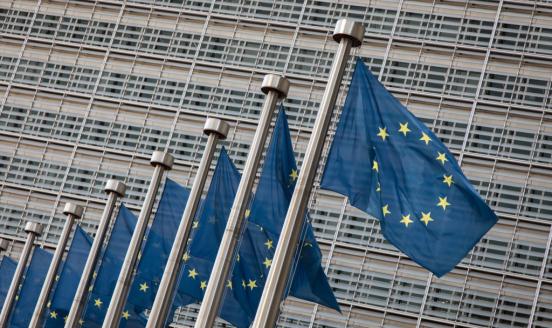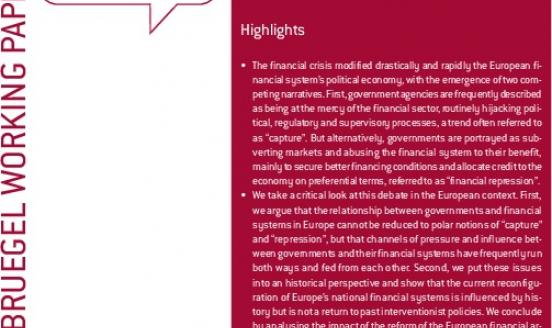The Weekender
Dear all,
My weekender last week was a bit provocative and created some controversy; it was the occasion of some heated debates with some of you. I think the main point of disagreement is my argument was that if Greece to leave the euro area, it would be necessary to put in place capital controls through out the euro area or at least in the most fragile countries. Some of you argued that these controls could set in motion self-fulfilling prophecies. I accept this argument so I would rephrase mine by saying there should be a contingency plan to introduce capital controls across the euro area and it should only be activated in extremis.
I’m writing these lines from Paris where the presidential campaign rages and where despite Hollande’s advance in the polls, the left is very divided over whether it will vote for the ESM on Tuesday or not. Meanwhile, Greece is getting ready to implement a scenario very close to what I described in the last few weeks and that will probably involve a credit event.
I will focus on:
- Why Hollande is uneasy about the ESM Treaty?
- The Greek deal and the set up of an escrow account
Why Hollande is uneasy about the ESM Treaty
The French far left has masterfully put together a trap for Hollande and he is about to fall right in. By violently campaigning against the ESM Treaty, which will be presented to the parliament on Tuesday, the far left has forced Hollande to take a stance.
The last version of the ESM Treaty (which actually might still by modified during the March European Council where there are ongoing discussions to increase its size) clearly ties the ESM to the Fiscal Compact while Hollande has repeatedly claimed that he was opposed to the fiscal compact and that he would seek to renegotiate it with Merkel once in office.
According to this logic, he should also be opposed to the ESM Treaty which specifically makes reference to the fiscal compact and which actually states that countries that have not ratified the ESM, will not be eligible for financial assistance.
However, he understands well that the ESM is an important piece of the European firewall puzzle but he cannot openly support it without compromising a future and necessary alliance to his left. The Socialist Party will therefore abstain on Tuesday and in my view thereby send a very negative message about its European stance. This ought to make Germany even more uneasy and intractable in future negotiations.
The Greek deal and the set up of an escrow account
The eurogroup meeting tomorrow should finesse a deal that will only be finalized after Greece completes a list of more than 20 prior actions. But in the minds of everybody around the table, this deal will at best buy Greece and Europe a few more months. The latest DSA of the IMF seems to suggest at this stage, that, if Greece implements the program with no slippage, it will, after another 8 years of austerity, reach a debt to GDP ratio of 129%.
This will beg for more debt reduction. One should start thinking now about a framework for official sector debt reduction, as the Paris Club might not be the best-suited framework for that.
Importantly, the new program will also apparently allow the creation of an escrow account where all the program money will be saved once disbursed and earmarked in priority for coupon payments of the restructured debt to the private sector. This proposal is a joint franco-german proposal that was made a couple of weeks ago and that I didn’t comment on at the time for I thought it was so outlandish that it would never go through.
My fellow Jacob Kirkegaard has commented on it recently here and for once, I disagree with him completely. He is right to point that this would step up the pressure on Greece but I really think the problem is not about adding pressure on a technocratic government that is already so fragile and risk losing it.
More importantly I think this escrow account idea takes the worst of both the French and the German biases. It allows effectively giving private sector creditor a degree of credit enhancement that they had been denied since the collapse of the July 21st deal, a typically French position. And it allows to make creditors claims senior over Greek budgetary demands in a typically German way of enforcing austerity.
This escrow account has no place in this program and in fact, it undermines the very idea of financial assistance. Furthermore, politically speaking, by bumping the private post restructuring up the seniority ladder, it validates the claims of those who argued that this program was essentially designed to serve the interests of the European financial system. I hope it will disappear but I fear, it won’t and it will increase popular dissent in Greece and the doubts amongst the European citizens about the true nature of these adjustment programs.
Best Regards,


